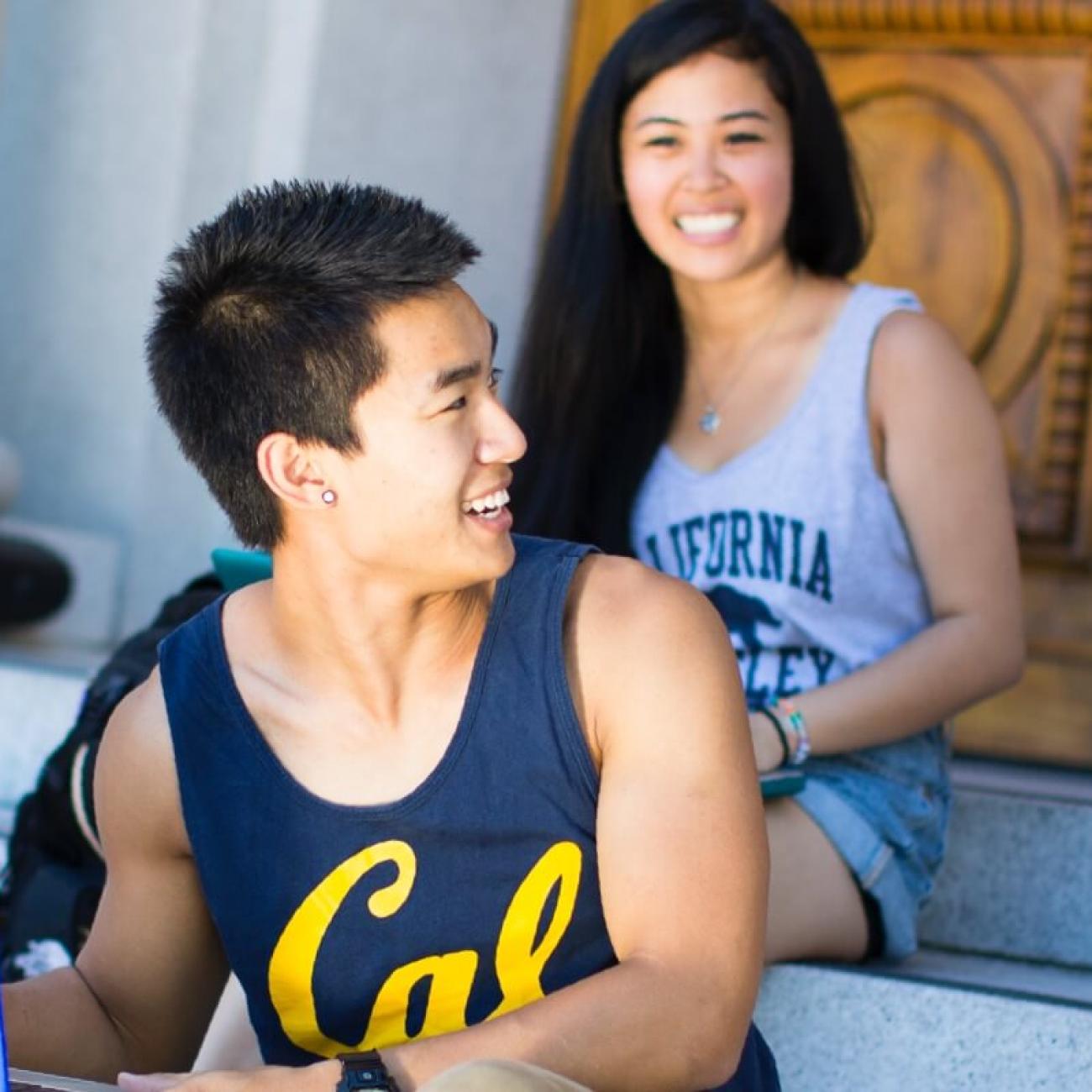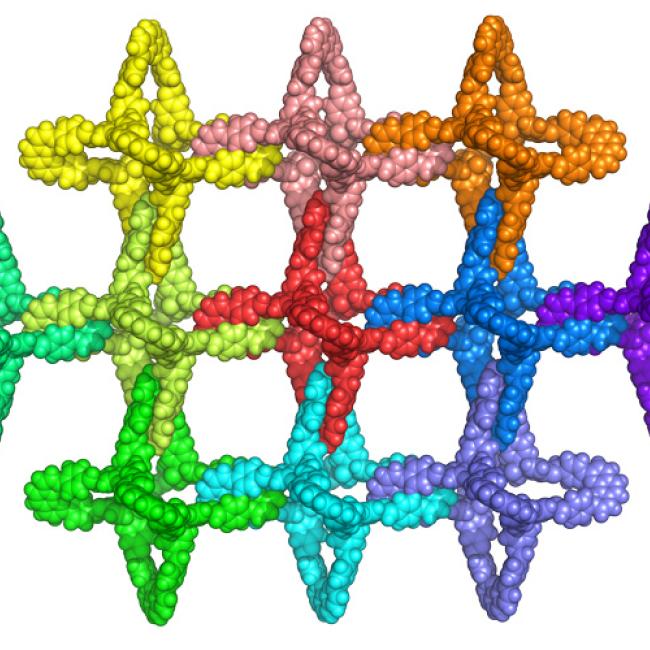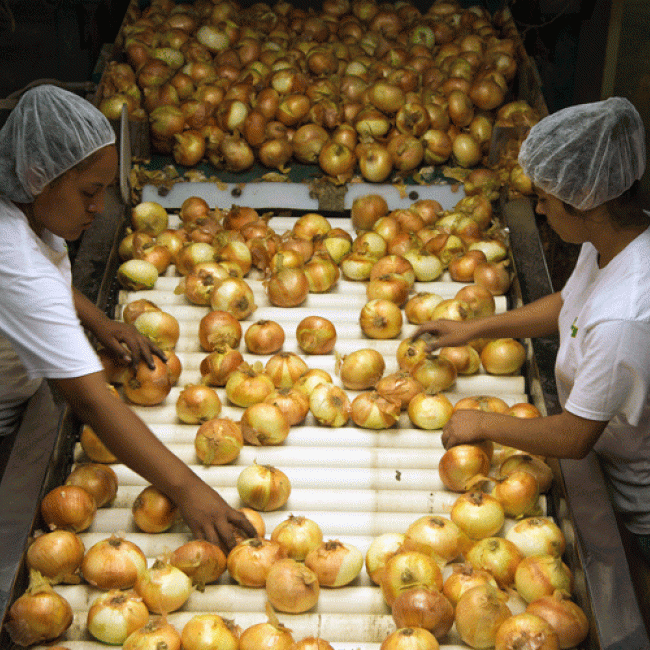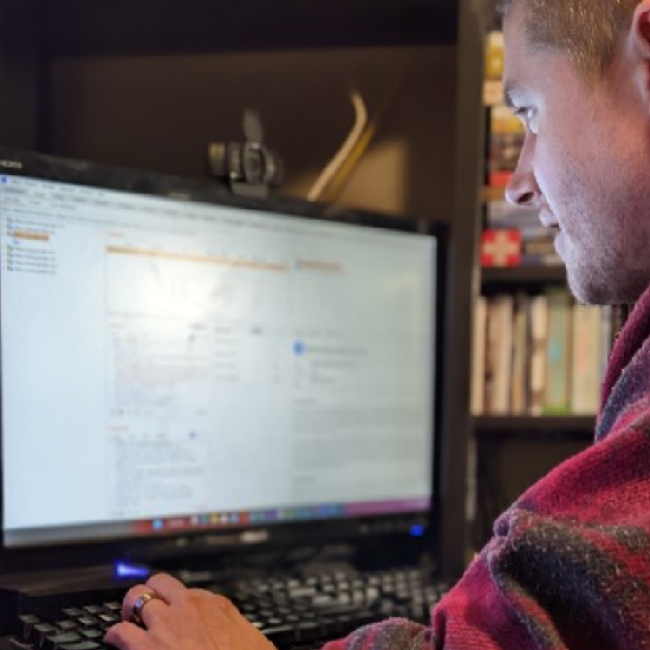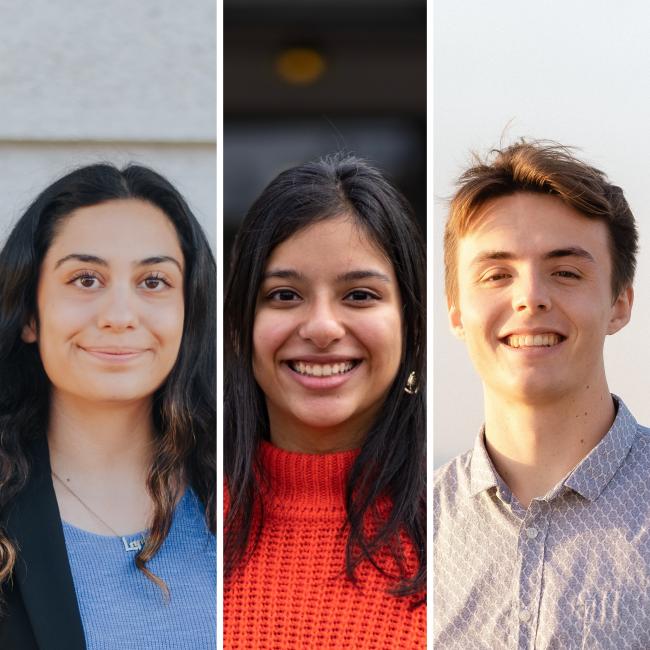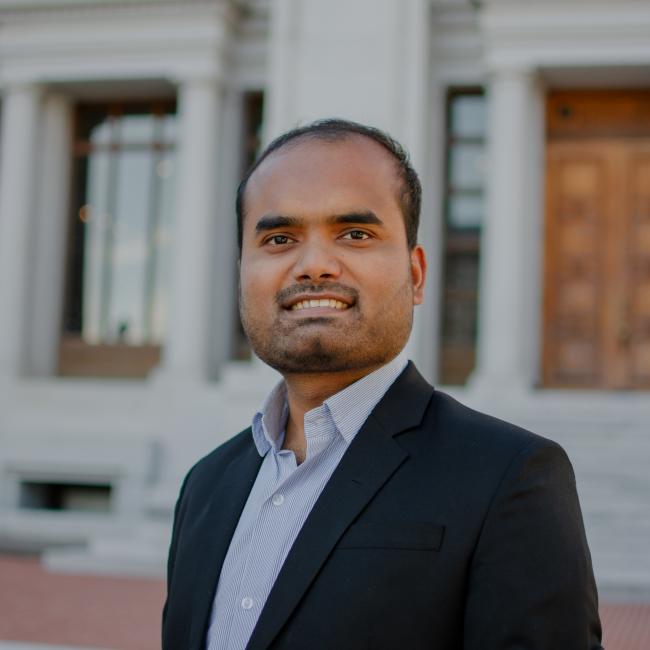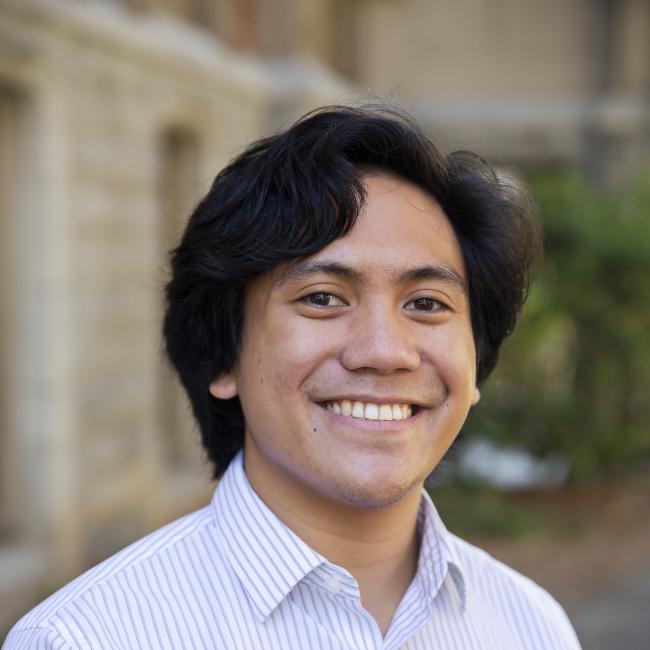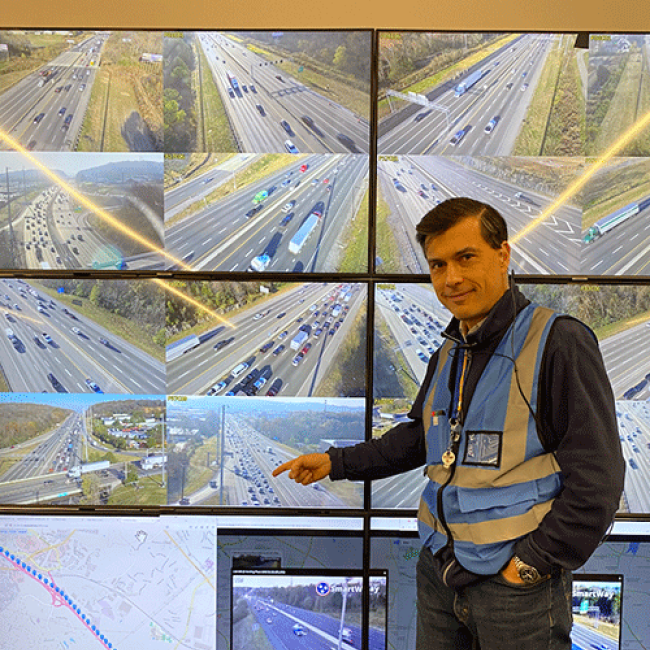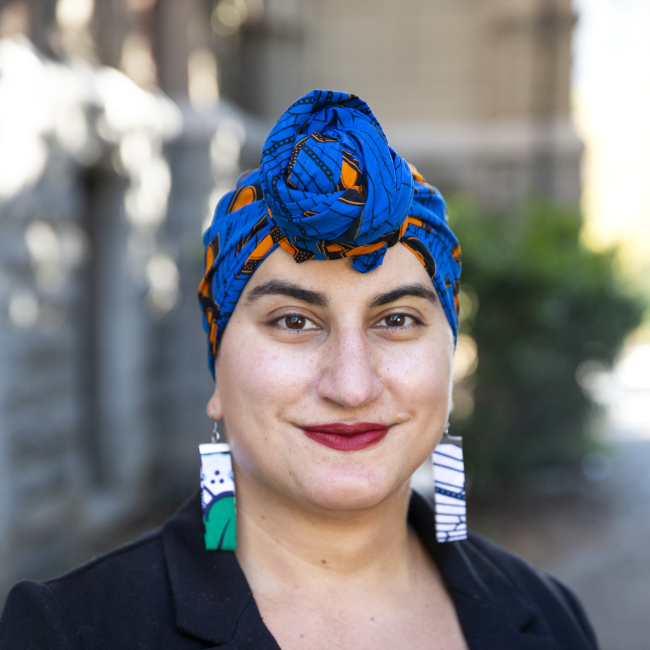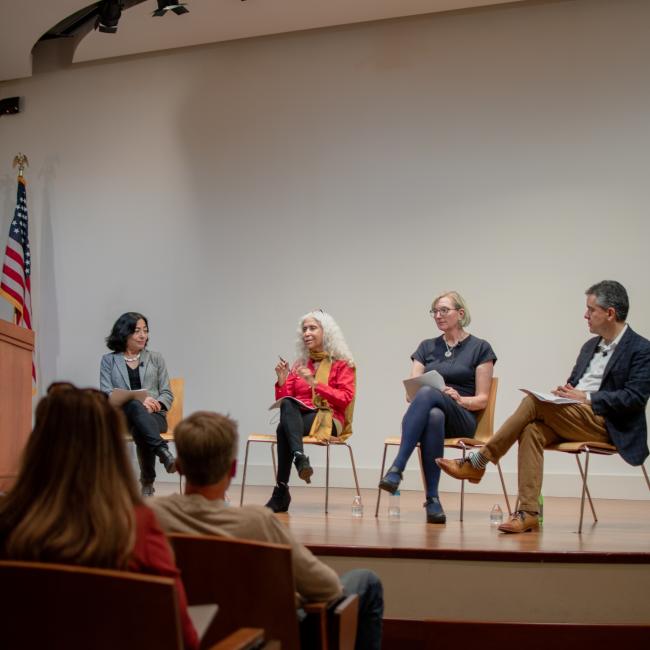New ‘chain mail’ material of interlocking molecules is tough, flexible and easy to make
University of California, Berkeley, chemists have created a new type of material from millions of identical, interlocking molecules that for the first time allows the synthesis of extensive 2D or 3D structures that are flexible, strong and resilient, like the chain mail that protected medieval knights. The material, called an infinite catenane, can be synthesized in a single chemical step. “We think that this has really important implications, not just in terms of making tough materials that don’t fracture, but also materials that would go into robotics and aerospace and armored suits and things like this,” said Yaghi, the James and Neeltje Tretter Chair Professor of Chemistry, co-director of the Kavli Energy NanoSciences Institute and the California Research Alliance by BASF, and chief scientist at UC Berkeley’s Bakar Institute of Digital Materials for the Planet.
Among less-educated young workers, women and Black men are paid far less
Less-educated U.S. workers often face a lifetime of financial challenges, but some among them are more disadvantaged than others: Young Asian and white men without college education are paid more — sometimes far more — than both Black men and women of all racial groups, according to a new study co-authored at UC Berkeley. The study led by Byeongdon Oh, a postdoctoral researcher in the campus’ Social Sciences D-Lab, found that young Black men with no college education earn barely half of what their Asian American and white counterparts make. Latinx, Asian and Black women lag even further.
Philip Stark on communicating statistics, being intellectually shameless
UC Berkeley statistics professor Philip Stark serves as an expert in response to reporter requests on such wide-ranging subjects as elections, earthquakes, the lottery and gender bias in academia. While working with the media can be time-consuming and challenging, Stark doesn’t hesitate to respond when contacted by the press because he views sharing knowledge in this way as a public service. "We work for a public university," said Stark. "It's part of our mission to do things that are of public value."
New cybersecurity class works with information security office to prevent UC web application data leaks
According to the 2022 Verizon Data Breach Investigations Report, web application attacks account for over 60% of security incidents and over 40% of confirmed data breaches. Conceived last September and officially launched this summer, Web Application Security Assessment class, headed by lecturer Jennia Hizver, is addressing this major cybersecurity issue. A joint venture between the I School’s Master of Information & Cybersecurity (MICS) program and Berkeley IT’s Information Security Office (ISO), the class offers a small batch of cybersecurity students the opportunity to perform hands-on penetration testing of live campus systems and applications.
Berkeley data science students explore climate change impacts on mangrove forests
Data science students partnered with IBM to investigate the intersection of mangrove forests and climate change. "Mangroves help with carbon sequestration and are a key resource for biodiversity, so it's really important to see exactly what kinds of effects climate change is having on them," said Lori Khashaki, one of six Berkeley students who participated in the project. "We wanted to work on the problem of the century, and we wanted to see what Berkeley had to offer through this program," said IBM Fellow Ranjan Sinha, who hopes this research will shed light on how changes in weather patterns are impacting mangroves and identify conditions that make mangroves more resistant to climate change.
New program fosters next generation of climate change, AI thought leaders
Meiqing Li came to UC Berkeley to study sustainable transportation. While completing her College of Environmental Design doctoral program, she collaborated with artificial intelligence (AI) experts and saw how these methods expanded the possibilities and impact of her work. Earlier this year, Li was looking for more people who were open to multidisciplinary partnerships. She found that in the inaugural Climate Change AI Summer School, which ran virtually for two weeks this summer. This summer program gives up-and-coming machine learning and climate experts a common language for understanding one another. It also creates opportunities for teamwork across disciplines, which can generate new ideas to understand, mitigate and adapt to climate change.
How a student found purpose using data science in journalism
Data scientists don’t just work in the field of data science. As big data tools permeate more and more of our social structure, they can also play a valuable role in communicating about how technological systems work and what they mean for the public. The UC Berkeley course Digital Accountability: Exploring Section 230 provided an opportunity for data science students and others to do just that. We spoke with Ian Castro, a second-year UC Berkeley School of Information graduate student who participated in this class. Castro spoke about the narrative he reported, how his data science background affected his approach to storytelling and what he learned from the experience about data science’s role in journalism.
Massive traffic experiment pits machine learning against ‘phantom’ jams
Many traffic jams are caused by human behavior: a slight tap on the brakes can ripple through a line of cars, triggering a slowdown — or complete gridlock — for no apparent reason. But in a massive traffic experiment that occurred outside of Nashville last week, scientists tested whether introducing just a few AI-equipped vehicles to the road can help ease these “phantom” jams and reduce fuel consumption for everyone. The answer seems to be yes.
Alex Hanna considers impact of Twitter takeover
Tesla founder Elon Musk took over Twitter last month and installed himself as its chief executive officer. Then he laid off half the social media platform’s workforce. Amidst these changes, he’s discussed charging users $8 per month to be verified on the platform and putting Twitter behind a paywall. UC Berkeley's Alex Hanna explains how how social media impacts our democracy; how Twitter has affected past U.S. elections; and how Musk’s most recent changes to the platform could affect the flow of disinformation moving forward.
National, global momentum show it's time for open science action, experts say
The federal government and research institutions must make science more accessible, reproducible and inclusive, NASA and UC Berkeley leaders said at an Oct. 26 event on campus hosted by the Division of Computing, Data Science, and Society at Berkeley. It’s also urgent to diversify who is doing the scientific work, NASA and Berkeley experts said. While these aren’t new calls to action, national and global momentum makes it the right moment to take decisive action, they said.

